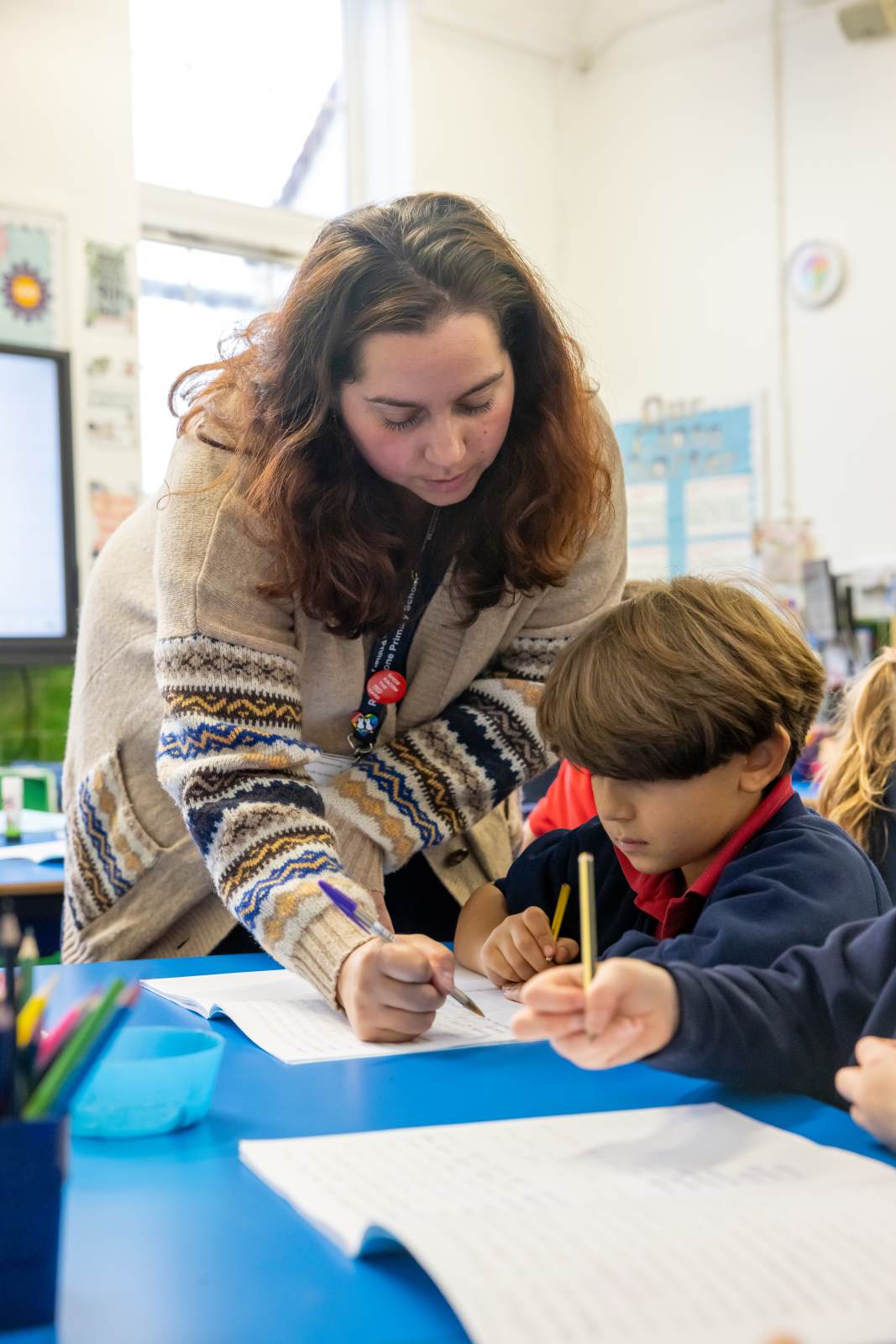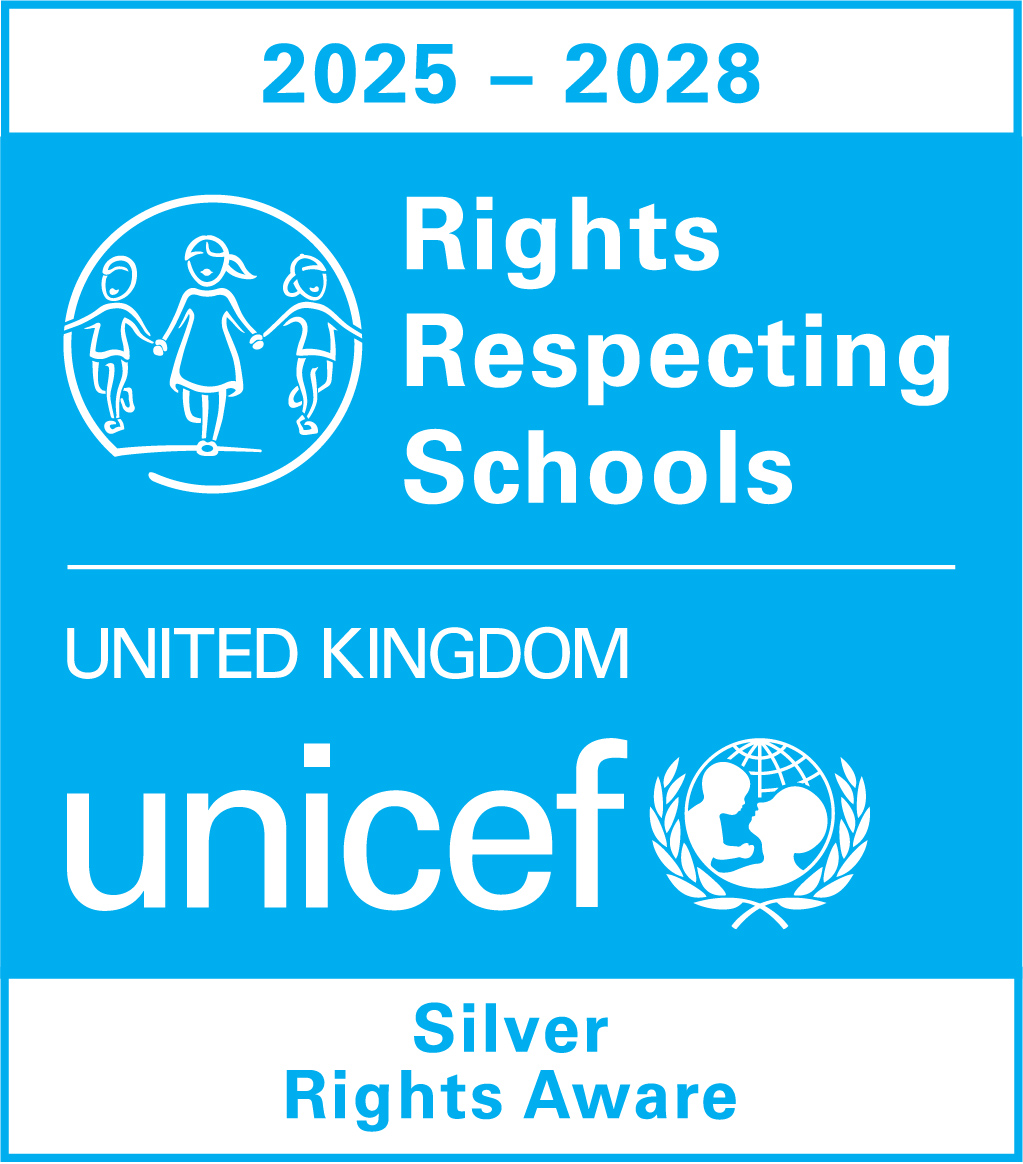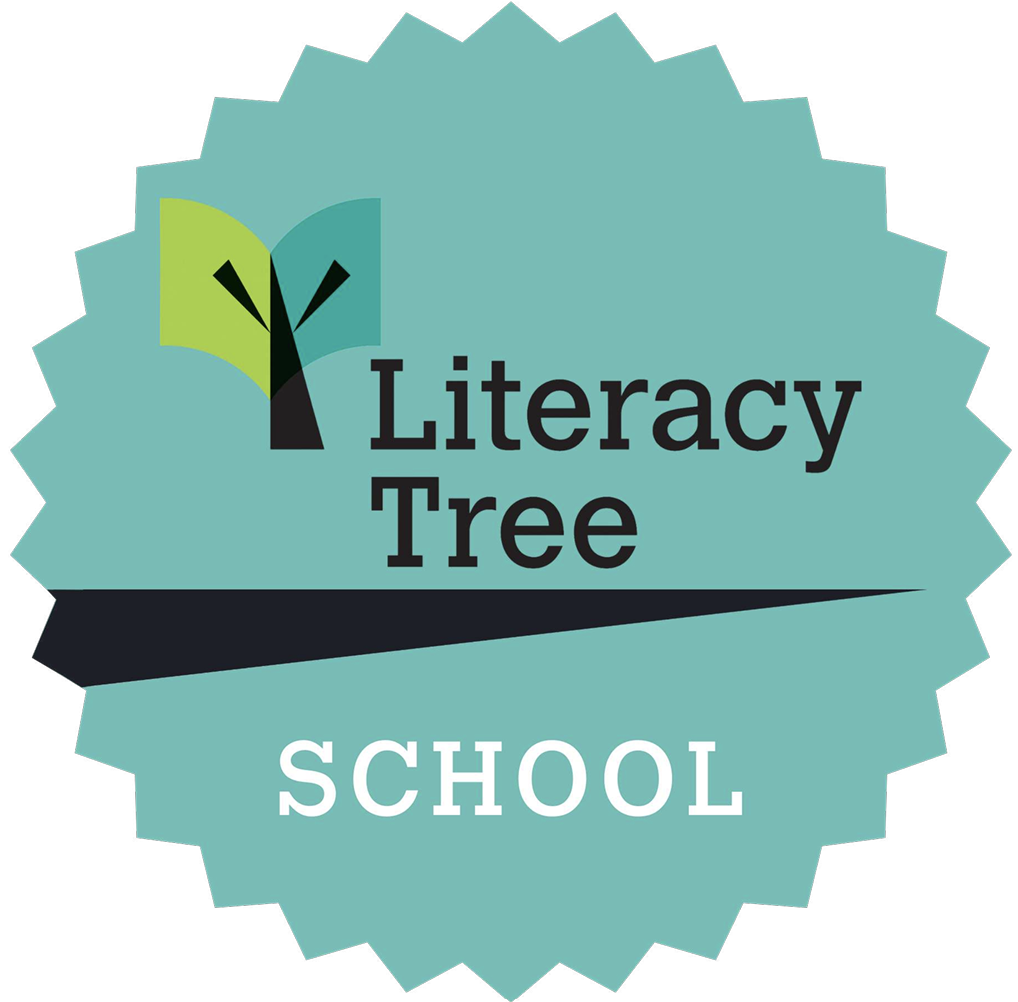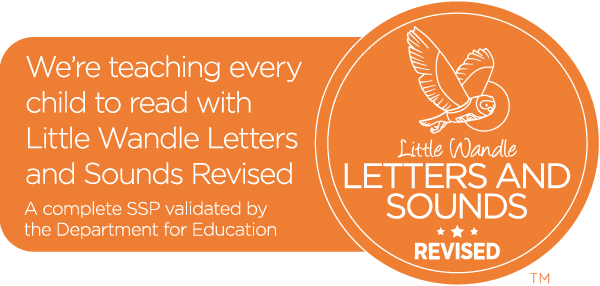How We Assess
We constantly check to see how well your child is understanding and remembering what they are being taught. This helps them make sure their teaching is effective and to provide extra support when needed. We use different ways to do this:
Checking Learning as They Go (Formative Assessment): Teachers regularly ask questions and use other quick ways to see what your child is understanding during lessons. This helps them adjust their teaching if needed and address any confusion right away.
Looking Back at What Has Been Learned (Summative Assessment): From time to time, teachers will also assess what your child has learned and remembered over a longer period. This helps them see the bigger picture of your child's progress.
The "Find Out - Act - Check Impact - Revisit" Cycle: This is how teachers approach assessment. They find out what your child knows, act by providing support or adjusting their teaching, check the impact of their actions, and revisit topics if needed.
Providing Helpful Feedback: Teachers give your child feedback that is clear, positive, and tells them what they did well and how they can improve. This might be through talking to them directly, writing comments, or even using technology. They focus on helping your child understand how to deepen their learning and get even better.
Marking is Not the Same as Feedback: Teachers understand that simply putting a grade on work isn't the same as giving helpful advice on how to improve. Their feedback is designed to guide your child's learning forward.
The information gathered from using these techniques supports teachers to make termly summative assessments of children’s attainment. At these three assessment points, teachers consider how well children have learned the content that has been taught up to that point in the year e.g. the assessment window in December considers content taught in
autumn term while March’s assessment window considers content taught in autumn and spring term. From this, teachers make a best-fit judgement using the language, and for the subject areas, that follow:
Greater Depth Standard: Pupils are working at greater depth and demonstrate a deeper understanding of year group content in all areas of the subject.
Expected Standard: Pupils are working confidently in the subject based on year group expectations. This may require some support at times.
Working Towards the Expected Standard: Pupils are able to access the subject’s year group expectations with targeted support.
Below the Expected Standard: Pupils are working out of their year group expectations for the subject.
Nursery: communication and language, personal, social and emotional development, physical development
Reception: communication and language, personal, social and emotional development, physical development, reading, writing and mathematics.
Year 1 to Year 6: reading, writing and mathematics
To support teachers in making their judgements for reading, writing and mathematics, they use frameworks which indicate the content taught each term and against which they should consider children’s attainment.
Mathematics Assessment Framework
Families are notified of these assessment judgements in the end of year school reports*. At October’s parent-teacher meetings, families are given an informal indication of whether children’s attainment remains at the same standard as it was at the end of the last academic year, albeit in the context of the current year group’s knowledge and skills. At February’s parent-teacher meetings, families are updated on the teacher judgement made in December.
For pupils in year 6, there may be some variation between the teacher assessments on the report and the test outcomes on the separate assessment results sheet. If this is the case, it will be because the teacher assessments take into account pupil performance throughout the year and the test outcomes are based on a snapshot in time – the test day. For children in reception, the language of the end of year judgement alters slightly to
Expected - meeting the level of development expected at the end of reception
Emerging - not yet reaching the level of development expected at the end of reception.










